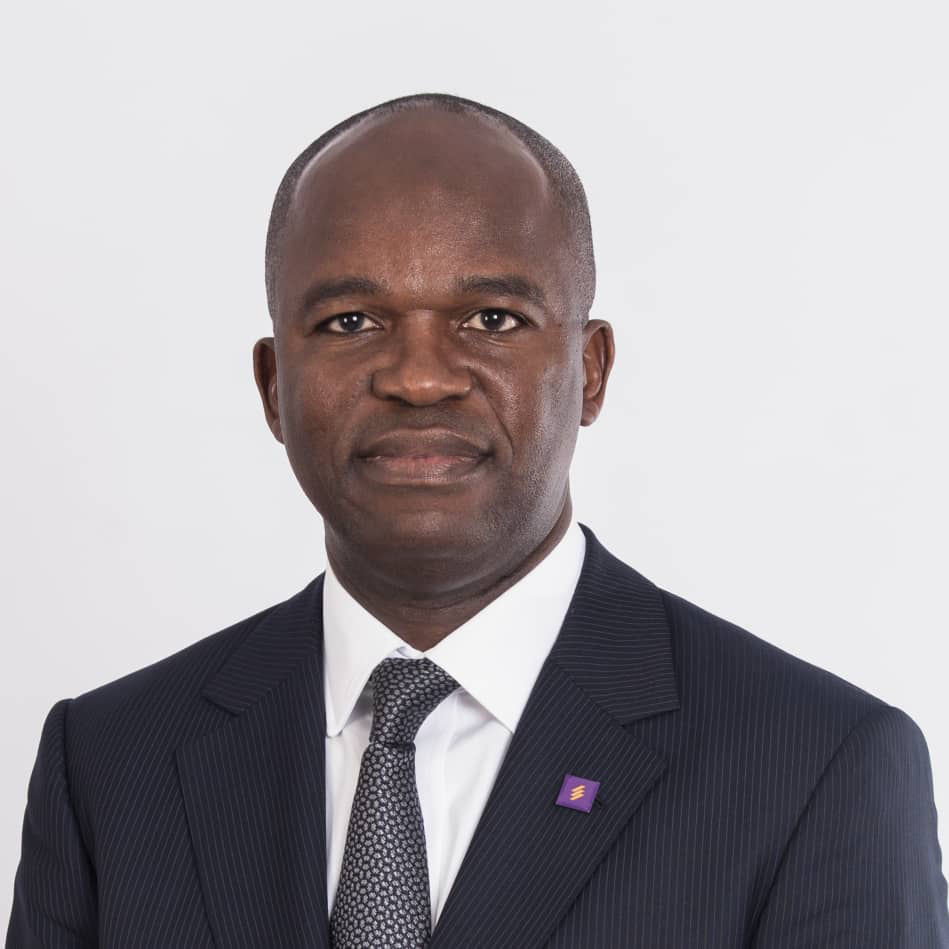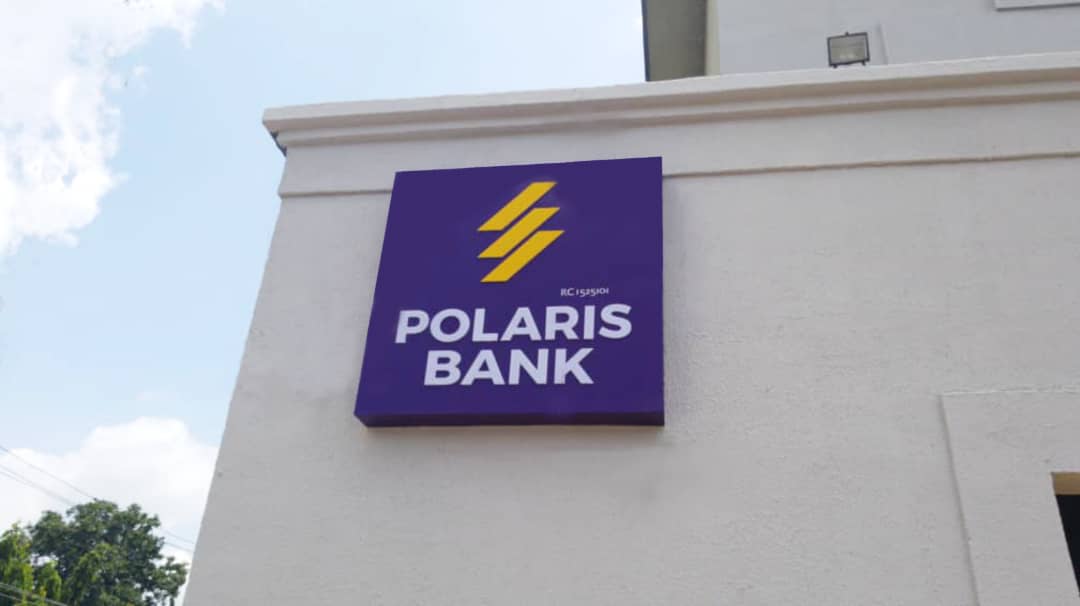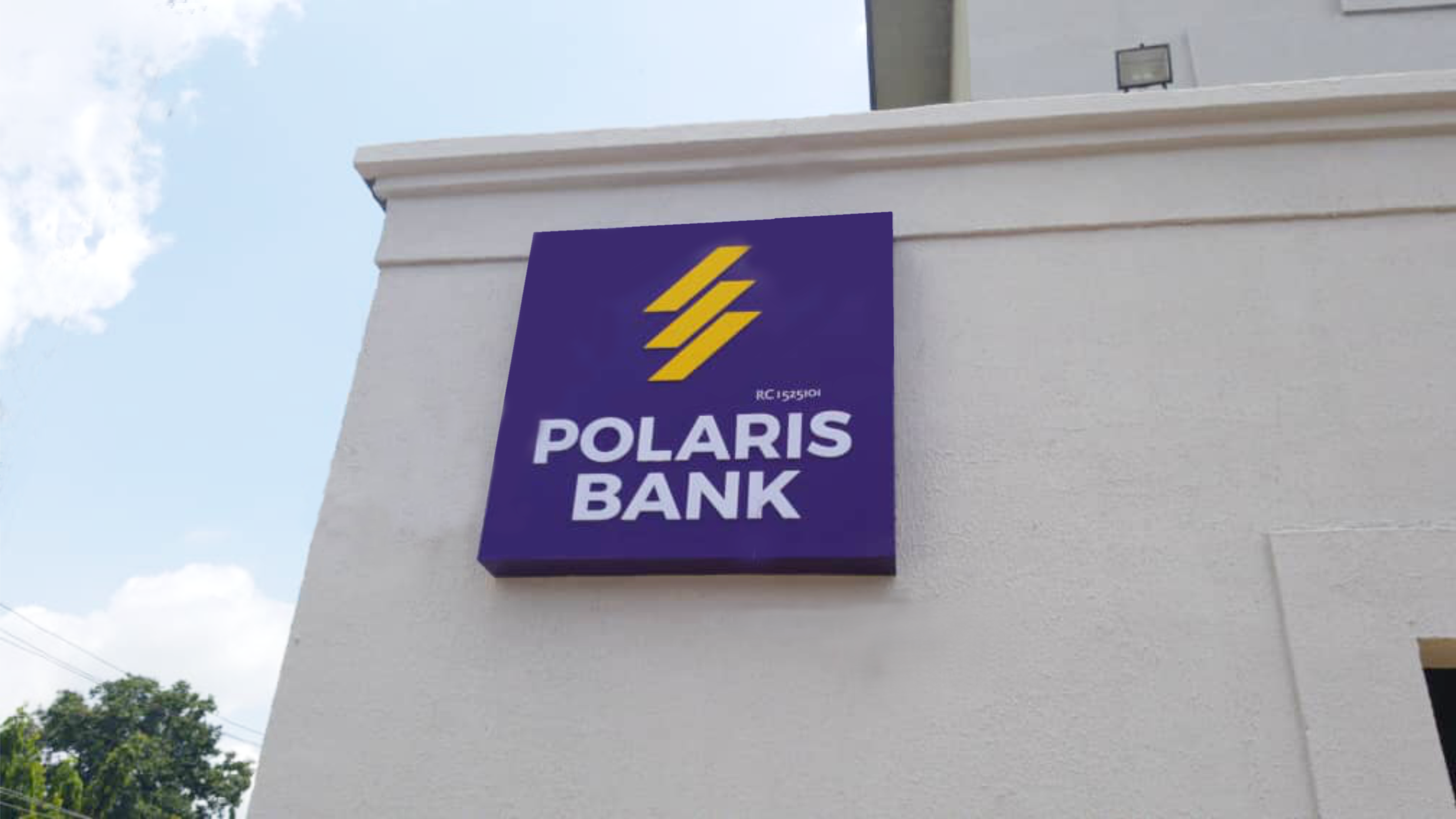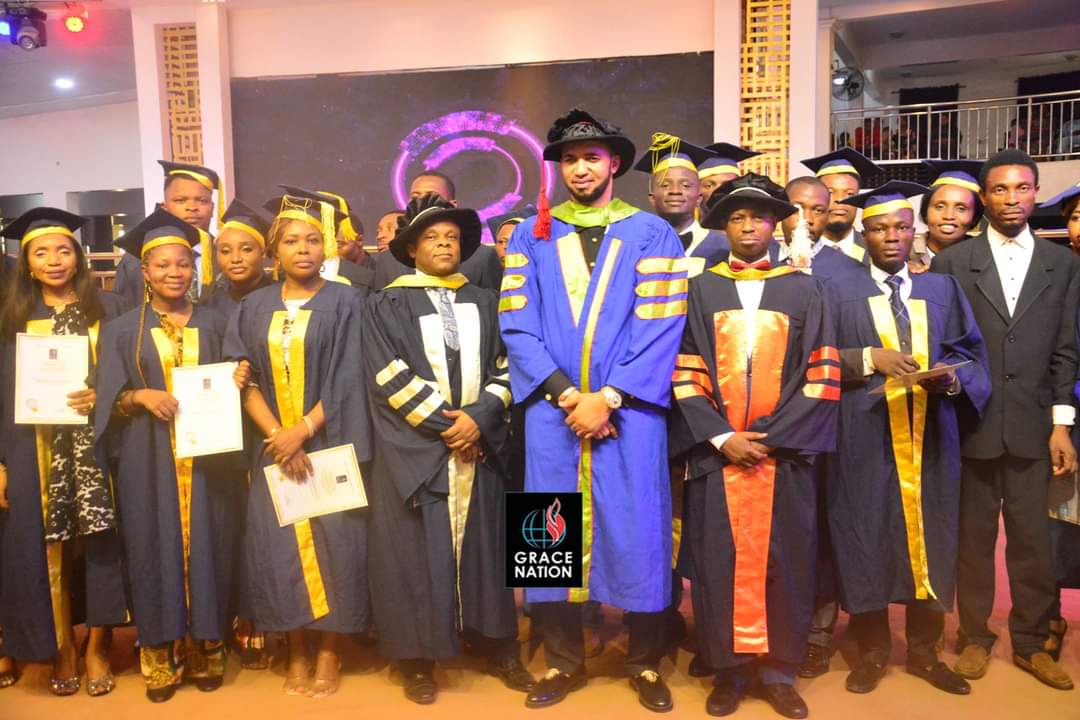 |
| Tokunbo Abiru |
Polaris Bank CEO, Mr. Tokunbo Abiru has disclosed that Nigeria’s health sector holds immense potential to create wealth for the country if an enabling environment is put in place for the sector to thrive.
Mr. Abiru said this during a webinar hosted by the Bank on: ‘Managing Healthcare Business During & Post-COVID-19’.
While speaking on the gap and opportunities in the health sector, he drew participants’ attention to the current state of medical services globally which according to him, are overstretched.
He noted that Nigeria’s case is however peculiar owing to what he referred to as pandemic preconditions that existed in the nation’s health sector before the outbreak of COVID-19 but further re-enforced by the realities of COVID-19.
“Despite these unfortunate realities, with the right policies and legislation, the health sector has the potential to create wealth for the country. This will include exploring ways to make medical services affordable by providing a well-defined and incentivised insurance framework to cover the formal and informal sectors. He further noted that Nigeria’s large population offers a huge demand potential for turning the health sector into a money-spinner for the country.”
According to him, “If the right legislation is in place, medical tourism can be a thing of the past while providers of capital would have the comfort to bridge funding gap thus getting the sector to work optimally.”
Dr. Abiodun Oyenuga, the quality assurance adviser of Medical Credit Fund, who spoke on the ‘Overview of the Pandemic and its Impact on Healthcare Business’ noted that: “There is a decrease in the ability to afford healthcare as a result of the business shutdown; loss of income and loss of jobs among several drawbacks. He however advocated for more participation from financial institutions by providing credits and financing; and also a renewed focus of Government in reviving the healthcare industry as these will gravitate towards improving patient satisfaction; as well as an increase in profit.
With respect to expanding coverage, improved and timely access to primary health care services, Mr. Adil Shaikh, Chief Technology Officer of MeCure, explains that Telemedicine provides patients the opportunity to access online consultation, prescription and delivery of prescribed drugs from certified pharmacies across Nigeria. Mr. Shaikh noted however that telemedicine comes with challenges especially for providers of medical services who wish to explore the field; ranging from technology infrastructure, user education & general awareness and connectivity issues on the part of the consumer. He identified three major areas financial institutions could help to bridge the gap including: leveraging reach to generate awareness, innovating on digital payments, and partnerships with health institutions.
On her part, Dr. Itunu Akinware, Managing Director Medbury Medical Services, advocated for effective collaborations within the health sector drawing from the saying, “You shouldn’t let a good crisis go to waste,” she emphasized that ‘now that a lot of light has been shone on the health sector and we can see the gaps in infrastructure, processes, and systems, this is the time for all of us to work together and ensure that we can improve healthcare in Nigeria”.
Speaking from the perspective of what her organization is doing differently to stay afloat despite the impact of COVID-19, Dr. Akinware said, “we have developed a three-pronged strategy: to increase or maintain revenue; reduce or re-align cost and manage cash.”
Mr. Omoshola Yusuf, Divisional Head, Medical & Technology, Hygeia HMO who spoke on how the increasing cost of care is being moderated by the HMO scheme encouraged Nigerians, employers of labour, as well as individuals, to embrace the scheme.
Mr. Segun Opeke, Directorate Head, Lagos Business, Polaris Bank spoke on the product offering of the Bank to the health sector which he described as two-pronged: Polaris Healthcare Loan and the CBN 100billion healthcare support fund to cushion the impact of COVID-19 and improve the gaps/deficit in the healthcare business, going forward.
“The Polaris Healthcare Loan has two variants: what can be available as overdraft facility for working capital purposes; purchase of consumables; discounting of invoices, etc. Interest is very competitive while Loan amount is subject to the applicant’s capacity”, Opeke explained.
Continuing, Mr. Opeke noted, “There is also the Term Loans available for renovations, expansion, purchase of equipments for hospitals, vehicles, etc. depending on what the need is. Interest rate is in single-digit”, he added.
Mr. Opeke in response to a question posed by a participant on the role of Polaris Bank in assisting healthcare providers access the CBN intervention fund, said that the NGN100 Billion Credit Support for the Healthcare sector, is to provide credit to indigenous pharmaceutical companies and other healthcare value chain players intending to build or expand capacity. Polaris Bank is at the fore-front and has over the past few months assisted a number of healthcare businesses to access facilities under the Apex Bank intervention Fund.
In his closing remarks, Polaris Bank MD/CEO, Mr. Abiru said, “If there’s any major lesson to take out of this pandemic, it is for us not to lose the opportunity it presents to improve the quality of our health sector and provide a system that is beneficial to all; regardless of social status.”
The webinar attracted thousands of participants from across the world comprising, individuals; business owners; students, lecturers and entrepreneurs across different sectors of the economy but majorly from the healthcare value chain.
Polaris Bank is a future-determining Bank committed to the delivery of industry-defining products, and services, across all the sectors of the Nigerian economy.


 Uncategorized5 years ago
Uncategorized5 years ago
 Entertainment6 years ago
Entertainment6 years ago
 Uncategorized7 years ago
Uncategorized7 years ago
 Uncategorized7 years ago
Uncategorized7 years ago
 Uncategorized7 years ago
Uncategorized7 years ago
 Uncategorized7 years ago
Uncategorized7 years ago
 Uncategorized7 years ago
Uncategorized7 years ago
 Trending News4 years ago
Trending News4 years ago




















